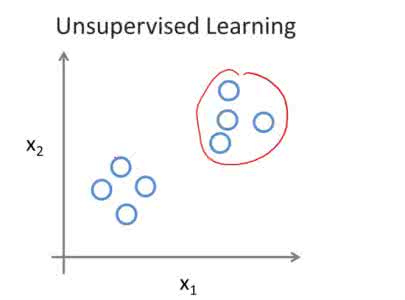Research in computational neuroscience suggests that the human brain's unparalleled data efficiency is a result of highly efficient mechanisms to extract and organize slowly changing high level features from continuous sensory inputs. In this paper, we apply this slowness principle to a state of the art representation learning method with the goal of performing data efficient learning of down-stream regression tasks. To this end, we propose the slow variational autoencoder (S-VAE), an extension to the $\beta$-VAE which applies a temporal similarity constraint to the latent representations. We empirically compare our method to the $\beta$-VAE and the Temporal Difference VAE (TD-VAE), a state-of-the-art method for next frame prediction in latent space with temporal abstraction. We evaluate the three methods against their data-efficiency on down-stream tasks using a synthetic 2D ball tracking dataset, a dataset from a reinforcent learning environment and a dataset generated using the DeepMind Lab environment. In all tasks, the proposed method outperformed the baselines both with dense and especially sparse labeled data. The S-VAE achieved similar or better performance compared to the baselines with $20\%$ to $93\%$ less data.
翻译:计算神经科学的研究显示,人类大脑无与伦比的数据效率是高高效机制从连续感官输入中提取和组织缓慢变化的高水平特征的结果。 在本文中,我们将这一慢化原则应用到最新的代表性学习方法,目的是对下游回归任务进行数据高效学习。 为此,我们建议采用慢变式自动校对器(S-VAE),将其扩展至对潜表表现施加时间相似性限制的美元元元-VAE(Beta$-VAE)和温度差异VAE(TD-VAE)的扩展。我们将我们的方法与美元-VAE(TD-VAE)和温度差异VAE(TD-VAE)进行了实验性比较,后者是用来用时间抽象在潜伏空间进行下一个框架预测的最先进的方法。我们用合成的 2D 球跟踪数据集(S-VAE) 数据集、 强化学习环境的数据集以及利用深海实验室环境生成的数据集,对照下游任务中的数据效率评估三种方法。在所有任务中,拟议方法都用密度和特别稀薄的标签数据比基线比基准差20美元或更好的性数据。 S-VA_ 。




